By Florence Namuganza
URA in partnership with the Insurance Regulatory Authority (IRA) announced in May 2022, that all cargo imported into Uganda by sea, air, rail, road or registered post must be insured by local insurance companies. This new business process took effect on 1st July, 2022. Although, the notice attracted mixed feelings from the business community, it will shield importers against loss.
Previously, most importers hardly considered marine cargo insurance while those who did would have their cargo majorly insured with foreign companies with little or no regard on how to claim in case of a risk occurrence. Many importers indeed count losses because there are no clear channels to liaise with foreign insurers for claim on a cover policy.
KACITA’s Deputy Public Relations Officer, Mr. Jjemba Mulondo decried the pain which importers go through when cargo is destroyed or damaged in transit.
“We have been paying huge sums of money to foreign insurance companies without any knowledge on how to be compensated when we encounter losses.” Said the disgruntled Mulondo
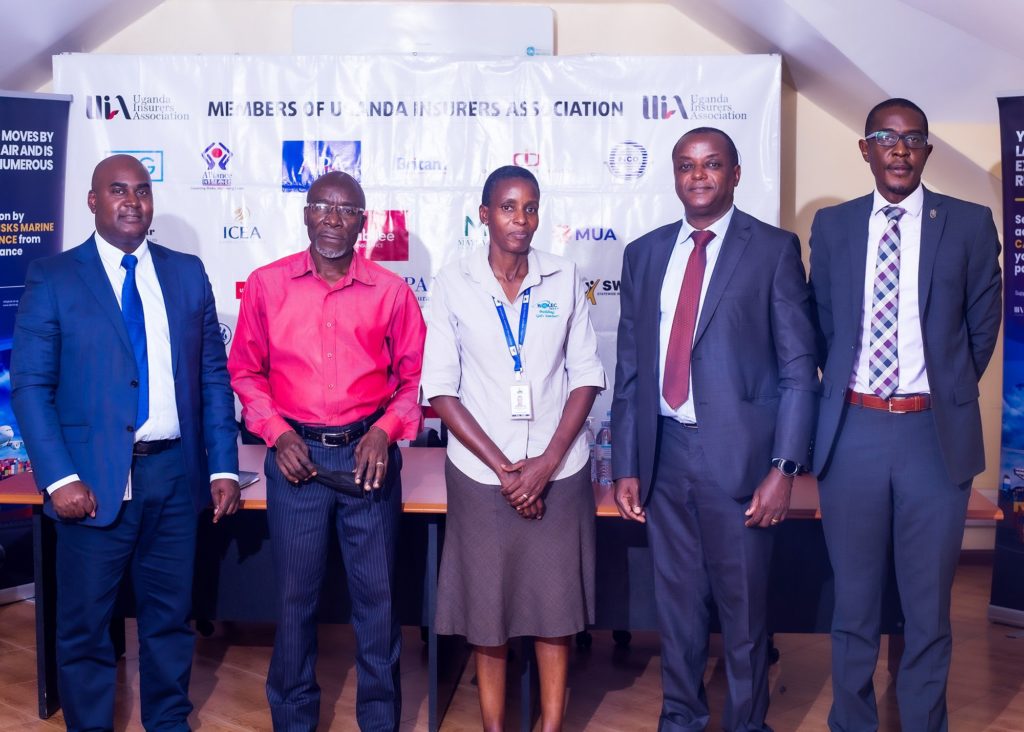
The mandatory local marine insurance will put this to check since the local companies are reachable and can be held accountable in case of any misconduct. The IRA has the authority to regulate how insurers do business and can hold them to standards. This is almost impossible to execute with foreign companies since there is no authority to follow up on importer’s claims
Local importers have over the years bowed to terms of foreign insurance companies including paying premium in US dollars. This has seen the country empty the foreign exchange coffers. There is need to secure this premium for the growth of our local insurance companies and ultimately the economic growth for our country.
Mr. Ibrahim Bbosa, URA’s spokesperson said that the tax authority acknowledges that importers need to be given enough time to prepare for the change and have all foreign insured cargo cleared.
“The implementation of this directive will take a phased approach manner with a three months grace period to which there will be no penalties for not having local insurance. Importers with marine insurance coverage from off-shore companies will still be facilitated during this transitory period,” Bbosa added.
The Chief Executive Officer of the Uganda Insurers Association, Mr. Jonan Kisakye said the move is timely because Uganda has satisfying numbers of insurance service providers who are ready to cover importers. He emphasised that it was unfair for the premiums to be paid to foreign companies when local companies can do a good job while paying revenue to government for the country’s development.
The Intergovernmental Standing Committee on Shipment indicates that Uganda losses approximately UGX 559.5 billion annually to foreign insurance firms. This is money that would otherwise be reinvested in the country.
Worry had earlier on emerged from the business community on double payment of the premium. To this, Bbosa said that URA is keen on this and to prevent it, the tax body will leverage on technology and system integration for proper payment reflection on the URA system.
The directive is by law long overdue because section 9(3) of the Insurance Act 2017 requires that all local risks and persons, including imports, be insured by insurance companies licensed to carry out business in Uganda.
ira.go.ug


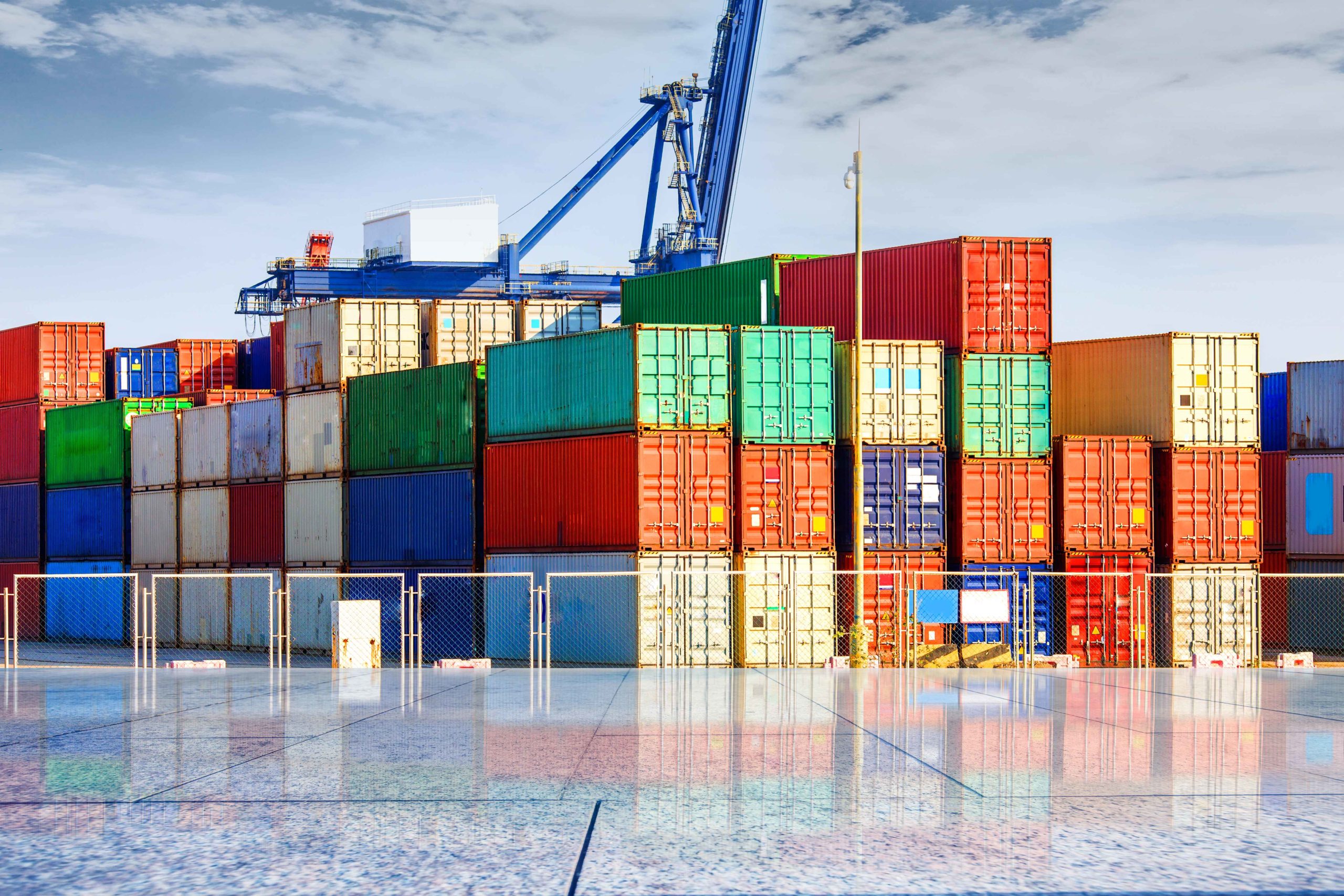





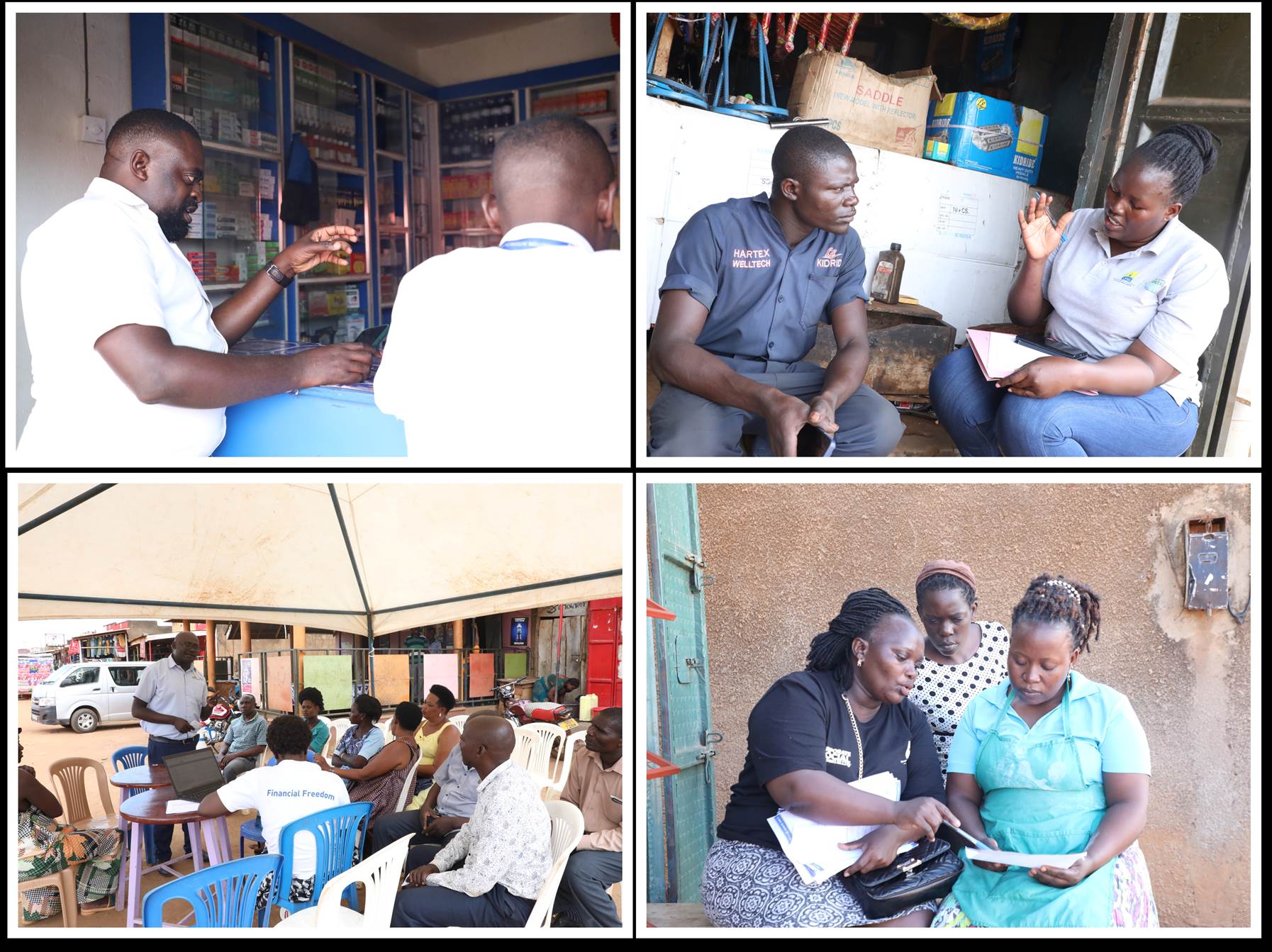
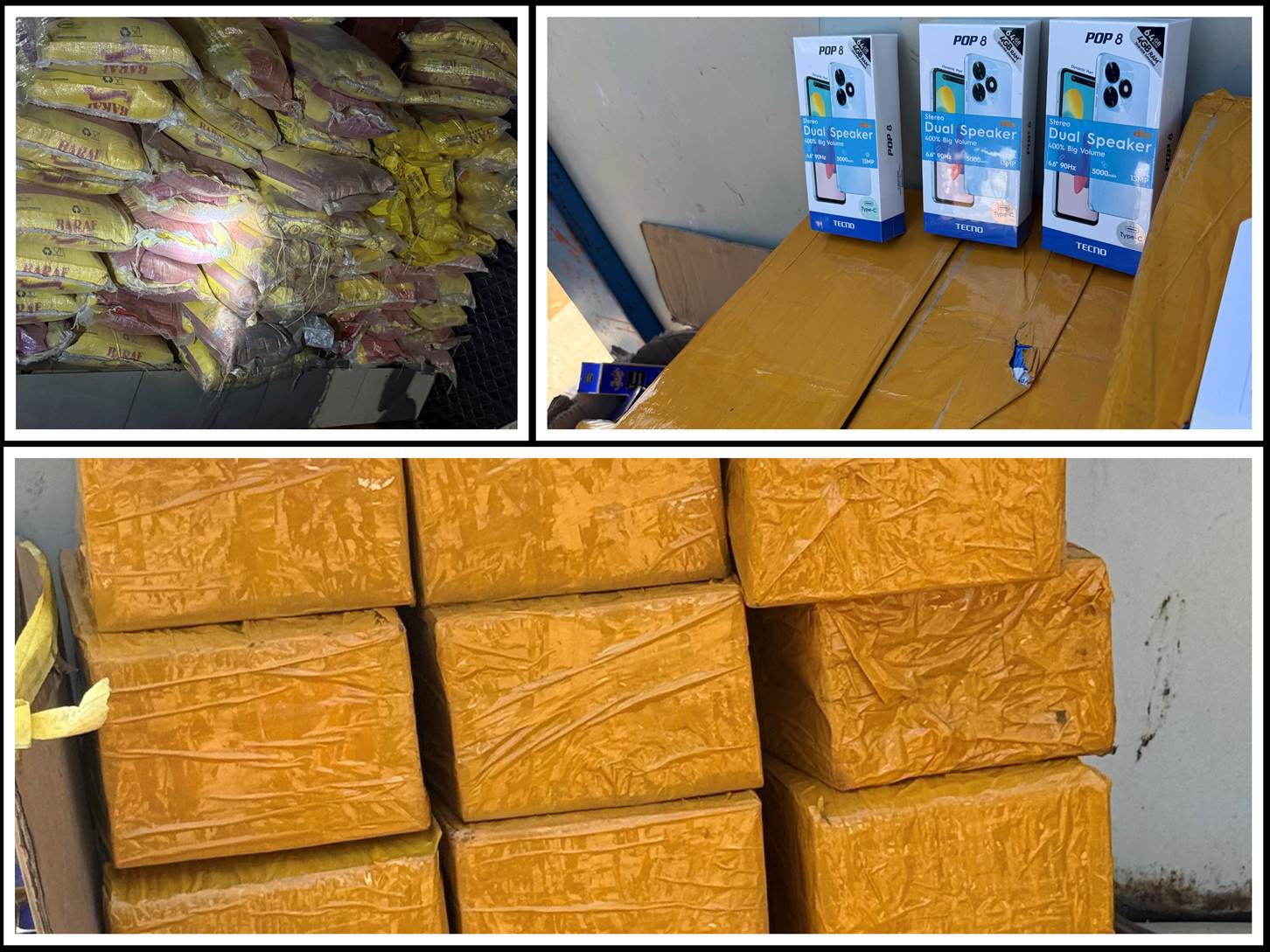
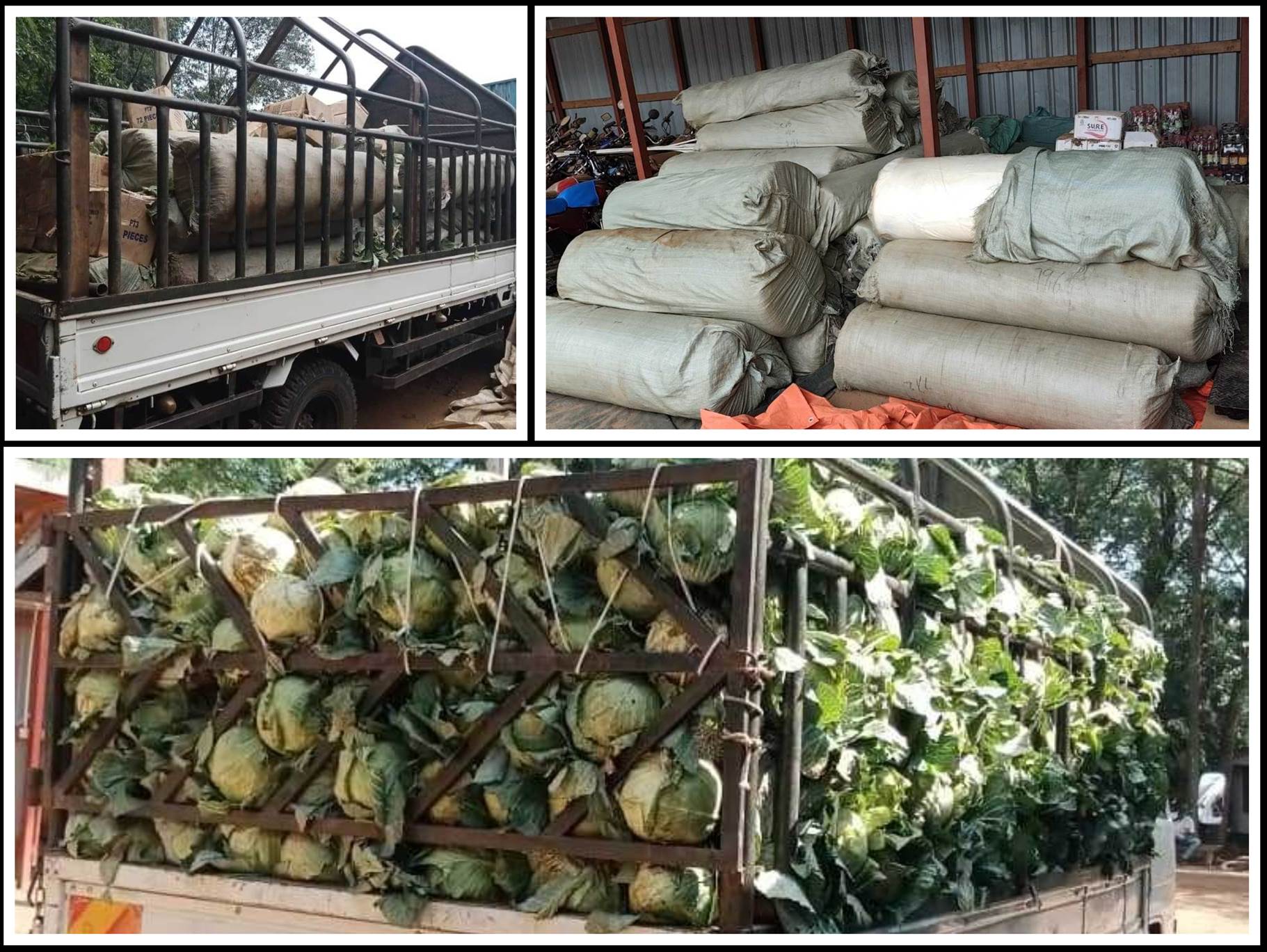
HOW DO U GET6 INSURED THEN ESPECIALLY WE IMPORTING FROM TANZANIA